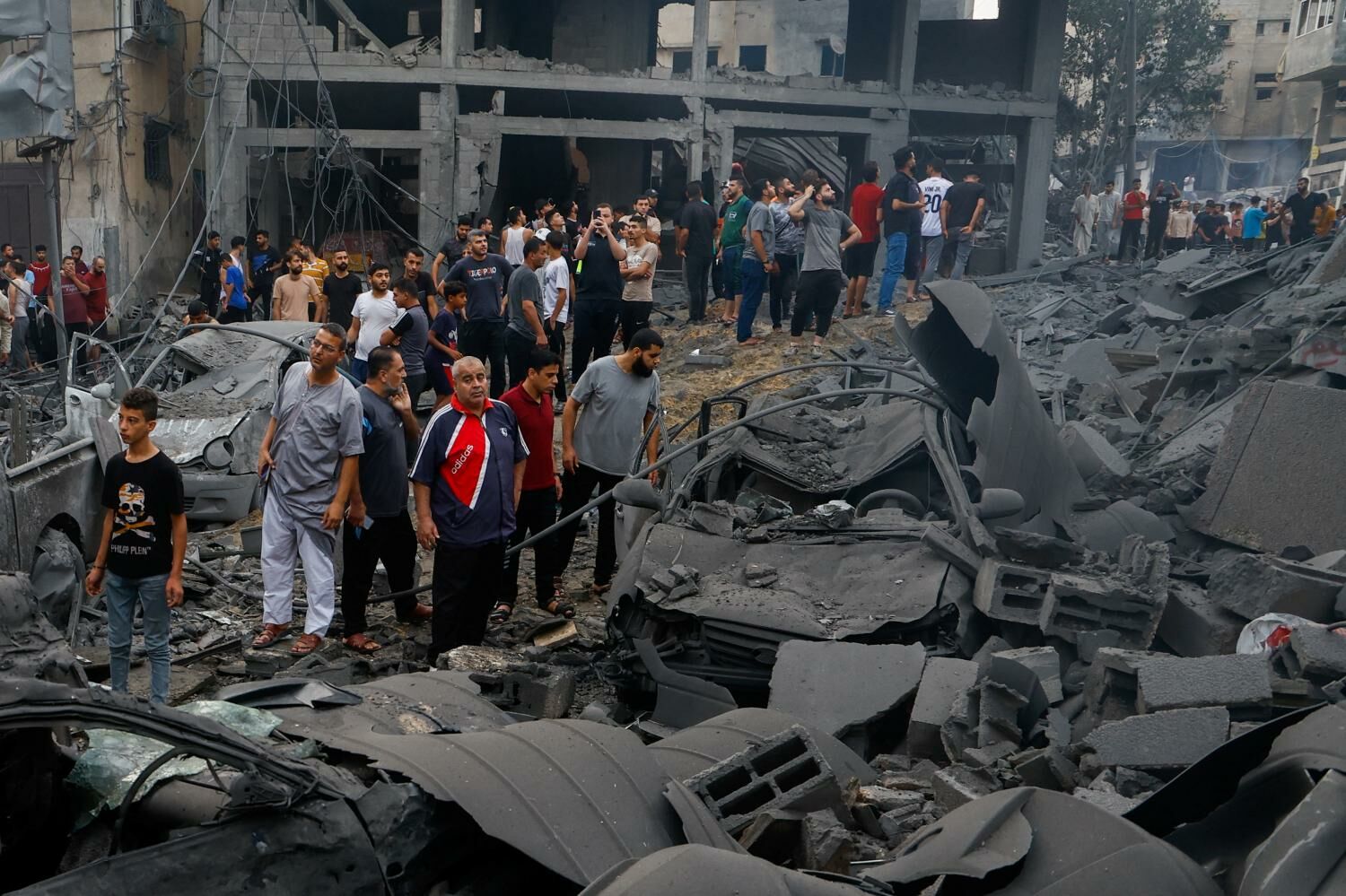Israel-Hamas conflict stirs concern in Thai business sector over trade disruption

The ongoing Israel-Hamas conflict has stirred unease within Thailand’s business sector, due to worries about its potential impact on Thai-Israeli trade, valued at around 40 billion baht. Sanan Angubolkul, chairman of the Thai Chamber of Commerce, advised Thai businesses to closely monitor the situation and manage any potential risk.
Those trading with the Middle East have been particularly urged to exercise caution, given the potential for broader impacts if the conflict escalates. Despite the unrest, Sanan maintains that the conflict is unlikely to substantially impede Thailand’s trade with Israel, considering the relatively modest trade volume between the two nations. Bilateral trade has reached approximately US$857 million (around 31.6 billion baht) over the first eight months of this year.
Sanan did express concern over the significant number of Thai workers in Israel, estimated to be around 30,000. He stated that measures are in place to evacuate Thai nationals if necessary, hoping for a peaceful resolution through negotiation between the conflicting parties.
Meanwhile, Thanavath Phonvichai, president of the University of the Thai Chamber of Commerce, anticipates minimal impact on Thai trade and tourism from the Israel-Hamas conflict. He pointed to the conflict’s ongoing nature – over 50 years with no recent involvement of a third-party national force – as an indication that it is likely to remain a bilateral issue.
Thanavath did acknowledge that Thailand is affected by the unrest among its workforce in the region, given the potential for injuries, job uncertainty, and casualties. However, he expressed confidence in the government’s and foreign ministries’ ability to manage these issues. He also anticipates Israel will enhance security measures due to the sporadic nature of the attacks.
Thanavath further added that as long as transport routes remain open and border closures do not occur, trade should not be significantly disrupted. The demand for goods in Israel could potentially increase due to the instability.
Israeli tourism
As for tourism, approximately 200,000 Israeli tourists visit Thailand each year. Phonvichai views this as a relatively small number, suggesting that a quick resolution could prevent a significant impact on the estimated monthly influx of 10-20,000 tourists.
However, Thanavath warned of the potential indirect effects on domestic oil prices should the conflict drive up global oil prices. He minimised the potential impact, suggesting any increase would likely be short-term and no more than 1-2 baht per litre.
The conflict has indeed sparked concern over potential fluctuations in global crude oil prices and led energy authorities to explore possible oil supply disruptions.
Permanent Secretary for Energy, Prasert Sinsukprasert, made it known he is worried about the situation in Israel.
“We are worried about an oil price surge if the situation escalates because the conflict erupted in an oil-rich region.”
The Middle East is responsible for 33% of the global oil supply. The current conflict could potentially impact oil prices. In response, Prasert urged people to be more conscious about energy conservation.
Prasert confirmed that the war has not yet impacted the global oil supply. However, preparations are underway for a strategic oil reserve plan to minimise any potential disruption.
Thailand imports up to 57% of its oil supply from the Middle East. Current national crude oil reserves stand at 3.91 billion litres, with an additional 1.63 billion litres en route to the country.
Follow more of The Thaiger’s latest stories on our new Facebook page HERE.
Latest Thailand News
Follow The Thaiger on Google News:


























